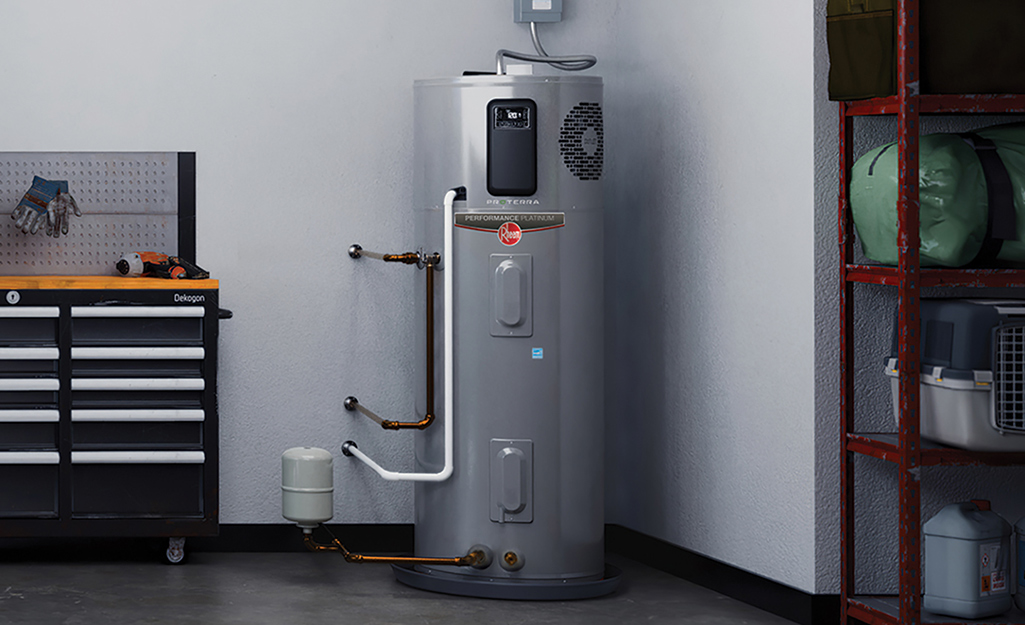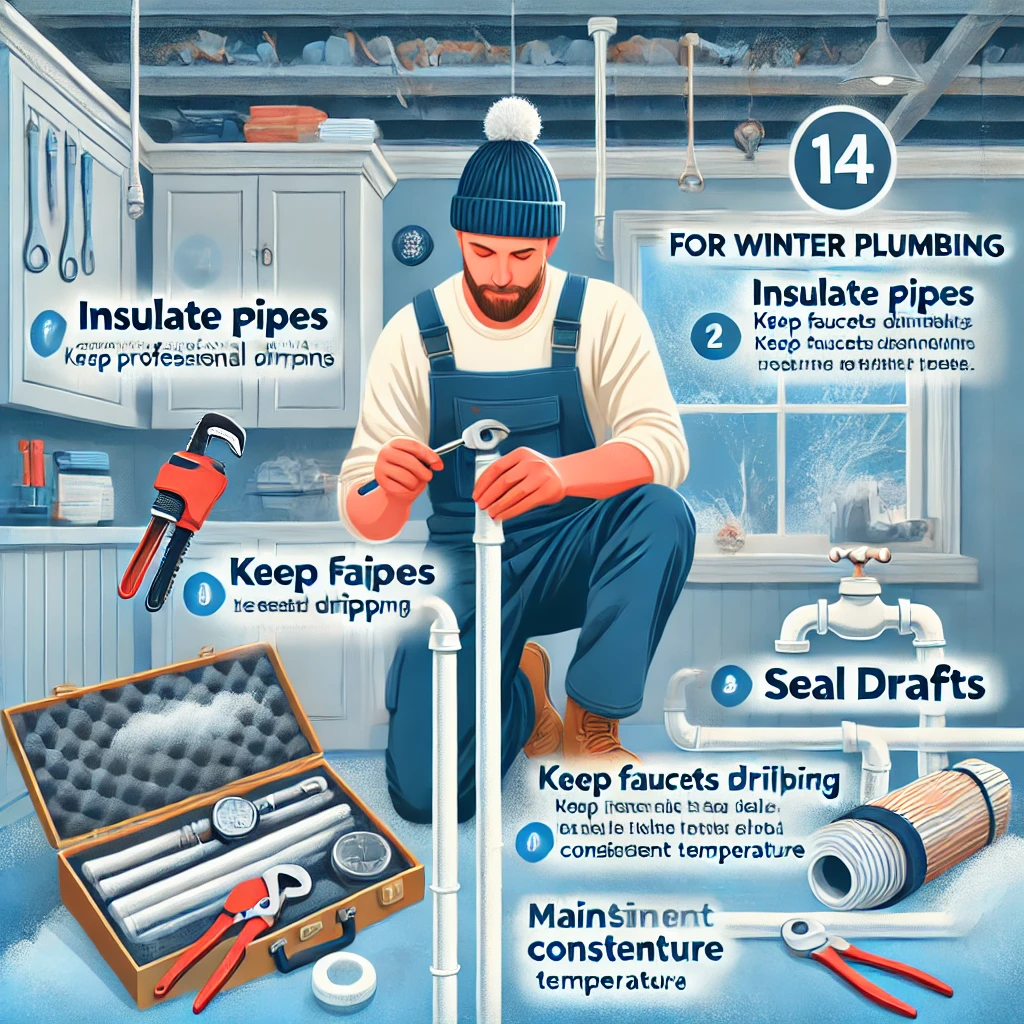Gas line services are a critical aspect of modern infrastructure, providing safe and efficient delivery of natural gas for various applications. This guide will cover the essentials of gas line services, including their importance, installation, maintenance, safety measures, and advancements in the field.
Understanding Gas Line Services
Gas line services encompass the installation, repair, maintenance, and inspection of gas lines that supply natural gas to residential, commercial, and industrial properties. These services ensure that natural gas – used for heating, cooking, and in some cases, powering appliances – is delivered safely and efficiently.
Importance of Gas Line Services
- Safety: The primary concern with gas lines is safety. Leaks can lead to fire hazards or health issues due to gas inhalation.
- Reliability: Efficient gas line services ensure a consistent supply of natural gas without interruptions.
- Compliance with Regulations: Proper installation and maintenance of gas lines are crucial to comply with local and national safety standards.
Installation of Gas Lines
Installing gas lines is a complex process that involves:
- Planning and Design: Mapping out the route of the gas line, considering the layout of the property and the location of gas-powered appliances.
- Permit and Regulations: Obtaining necessary permits and ensuring adherence to local codes and safety standards.
- Professional Installation: Utilizing qualified technicians to install gas lines, ensuring safety and efficiency.
Maintenance of Gas Lines
Regular maintenance is essential for the longevity and safety of gas lines:
- Routine Inspections: Regular checks to identify any potential leaks or damages.
- Immediate Repairs: Addressing any issues promptly to prevent safety hazards.
- Upgrades: Updating older pipelines to meet current safety standards and improve efficiency.
Safety Measures and Leak Detection
Safety is paramount in gas line services:
- Regular Leak Checks: Using specialized equipment to detect leaks, even if they are not immediately apparent.
- Emergency Response Plan: Having a plan in place for quick response in case of a gas leak.
- Educating Residents and Employees: Ensuring that people know the signs of a gas leak and the steps to take if one is suspected.
Common Issues with Gas Lines
Some of the common issues encountered with gas lines include:
- Corrosion: Over time, pipes can corrode, leading to leaks.
- Improper Installation: Incorrect installation can lead to leaks and inefficiency.
- Physical Damage: External forces like construction work can damage gas lines.
Advancements in Gas Line Technology
Technological advancements have led to improved safety and efficiency in gas line services:
- Smart Leak Detection Systems: Advanced sensors that can detect even minor leaks.
- Durable Materials: Use of corrosion-resistant materials for longer lifespan and reduced maintenance.
- Remote Monitoring: Ability to monitor gas line integrity remotely for quick response to any issues.
Environmental Considerations
While natural gas is a cleaner fossil fuel, the gas line industry is evolving to reduce its environmental impact:
- Reducing Methane Emissions: Implementing technologies and practices to minimize leaks, which contribute to greenhouse gas emissions.
- Sustainable Practices: Exploring alternative and renewable gas sources like biogas.
Choosing a Gas Line Service Provider
Selecting the right service provider is crucial:
- Licensing and Certification: Ensure that the technicians are licensed and certified.
- Experience: Look for a provider with a strong track record in gas line services.
- Compliance Knowledge: They should be well-versed in local and national safety standards.
Conclusion
Gas line services are a vital part of the infrastructure that supports modern living. Ensuring the safety, efficiency, and reliability of these services requires expertise, regular maintenance, and adherence to safety standards. With advancements in technology and a focus on environmental sustainability, the gas line industry continues to evolve, offering safer and more efficient solutions. Whether for residential, commercial, or industrial use, professional gas line services play a crucial role in maintaining the integrity and safety of gas supply systems.






Leave a Reply